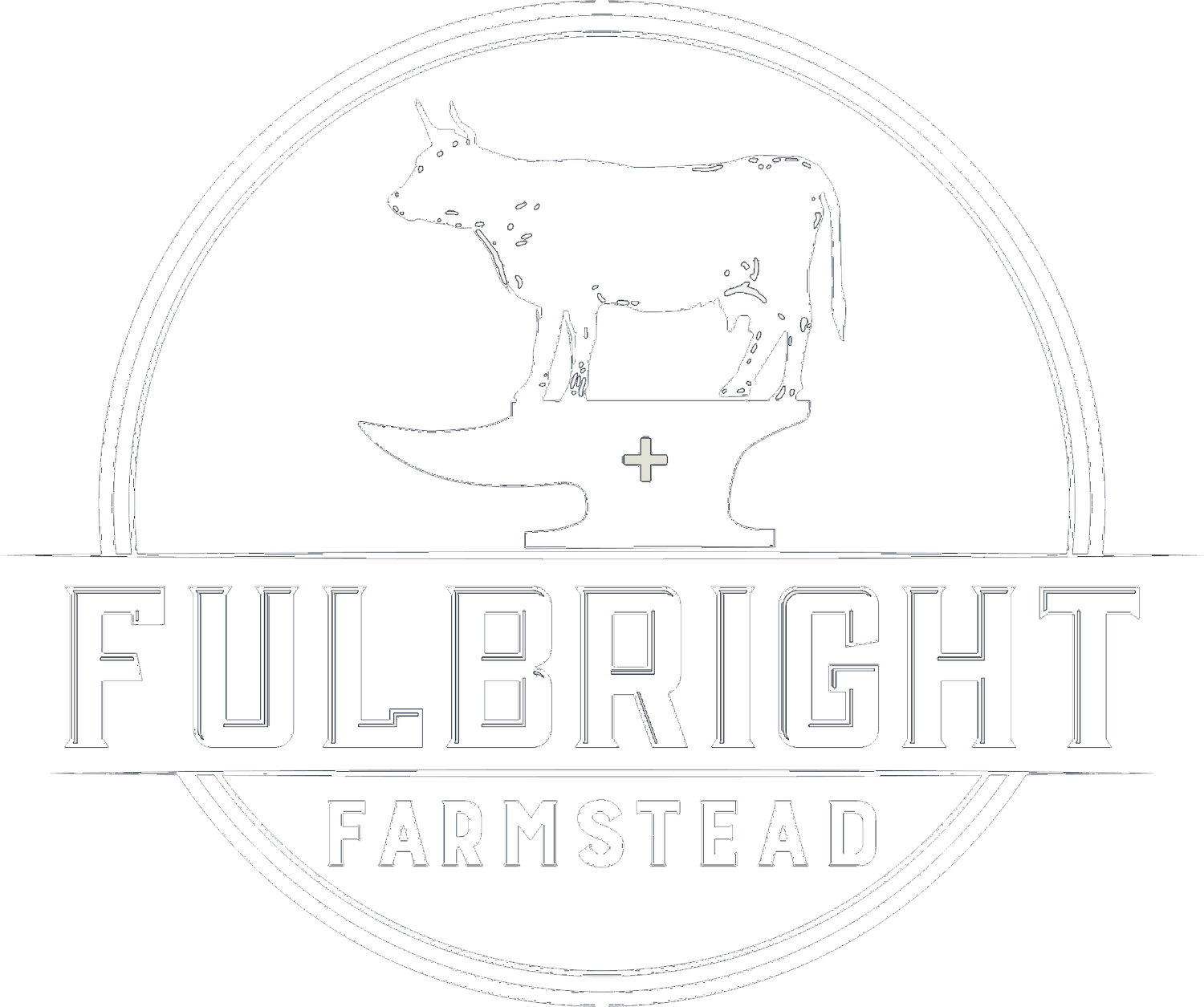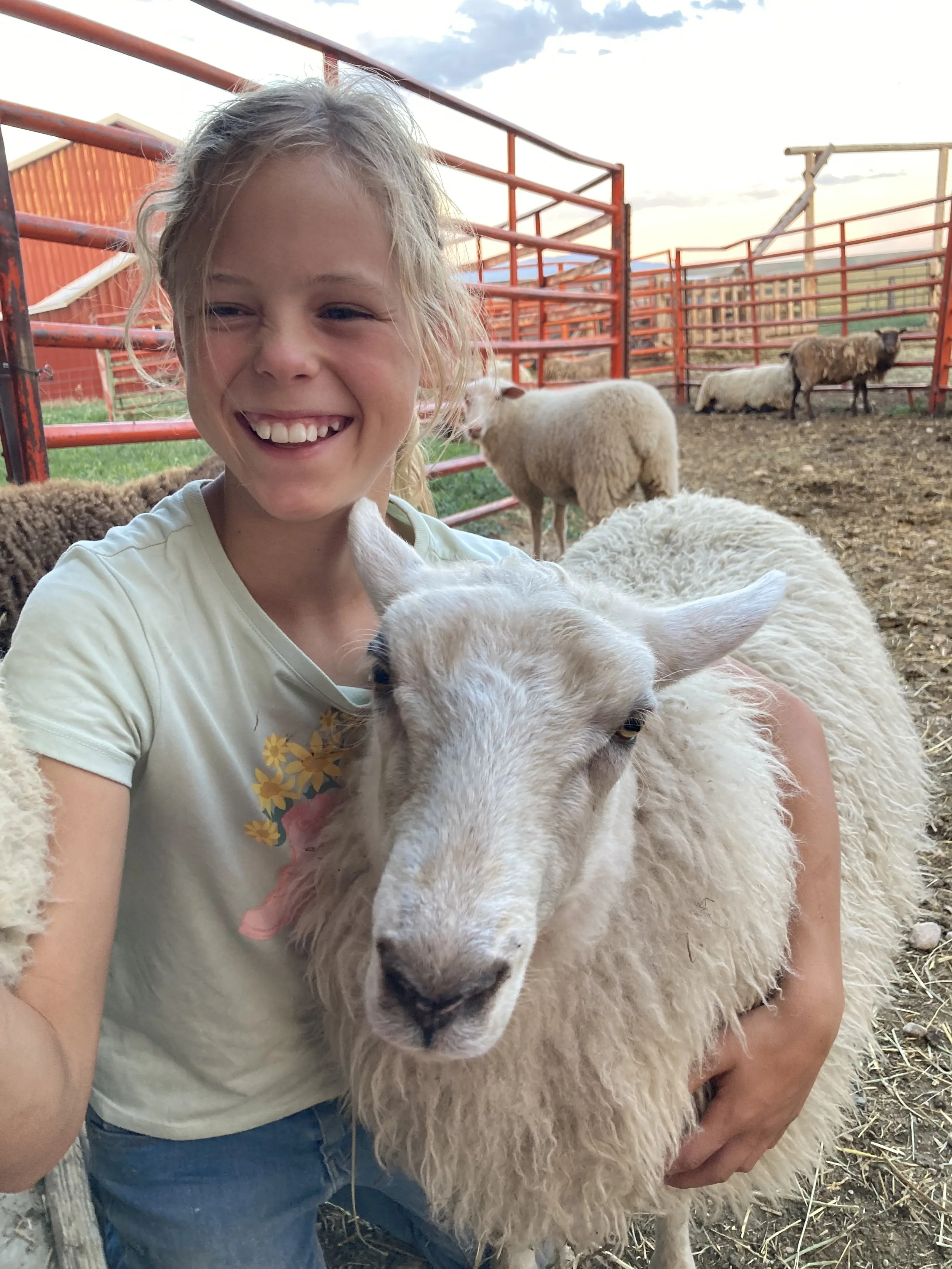Why Dairy Sheep? The Best-Kept Secret in Homestead Dairying
When most people imagine a homestead dairy animal, they usually think of a cow. Some picture goats. But what about sheep?
Why choose sheep for a dairy animal?
Here’s the thing: sheep are one of the best-kept secrets in the homesteading world. Sheep milk has been used for centuries to make some of the world’s most famous cheeses—like Roquefort, Pecorino Romano, and Manchego—yet here in the U.S., most homesteaders have never even tasted it.
If you’re dreaming of a multi-purpose animal that can produce your own milk, cheese, and yogurt at home, along with provide and meat and fiber, dairy sheep might be the perfect fit for your homestead. Let’s take a look at why.
Manageable Size
Unlike cows, which can weigh over 1,000 pounds, or even goats, which can be surprisingly strong and stubborn, sheep are much more manageable in size. They’re easier for children and beginners to handle, and you don’t need heavy-duty fencing or expensive infrastructure.
Not to mention you don’t need equipment like:
a heavy duty squeeze chute or head catch for cows
A trailer for transport
On a small homestead, having animals you can move, manage, and milk without stress makes all the difference.
Creamy, Nutritious Milk
Sheep milk is richer than cow or goat milk, with higher butterfat and protein content. That means:
More cheese per gallon (up to double the yield of cow milk!)
Mild, sweet flavor that doesn’t have the “goaty” taste some people dislike
Nutrient-packed with calcium, protein, and vitamins A, B, and E
For homesteaders who love cheesemaking, sheep milk is a dream. It sets beautifully, ages well, and produces everything from soft fresh cheeses to firm wheels for long-term storage.
Not to mention it makes the creamiest yogurt!
Homestead-Friendly Benefits
Dairy sheep aren’t just about the milk—they’re a perfect fit for a holistic homestead lifestyle.
Efficient Grazers: Sheep thrive on pasture and require less land and feed than cows.
They can thrive in less than ideal condition such as steep, hilly pastures
Multi-Purpose: Depending on the breed, you can also use them for meat or wool, making them a versatile addition to your farm.
Our family has been surprised at how much we are enjoying meat from our lambs!
Seasonal Rhythm: Most sheep naturally lamb in the spring and produce milk through the summer—just when pastures are lush and gardens are overflowing. This seasonal cycle lines up beautifully with homestead food preservation.
Common Misconceptions About Dairy Sheep
“Don’t sheep milk too little?”
Actually, dairy breeds can produce up to a half gallon per day — or even up to a full gallon per day if you get high producers… plenty for a family’s needs, especially if cheesemaking is your goal.
“Aren’t sheep fragile?”
Not at all. While they do require good parasite management, dairy sheep are hardy and adapt well to different climates, including our cold Montana winters.
“Isn’t sheep milk impossible to find?”
It’s true you won’t see it often in stores. But that’s exactly why keeping your own dairy sheep is so rewarding—you can enjoy this rare, nutritious milk every day.
Who Should Consider Dairy Sheep?
Dairy sheep are a great option for:
Families who want a gentle, manageable dairy animal.
Homesteaders on small acreage who can’t keep a cow.
Cheesemaking enthusiasts who want the ultimate milk for aging wheels or fresh cheese.
Anyone looking for a low-footprint, multi-purpose animal to add to their farm.
Health conscious individuals
Those who can’t tolerate cow’s milk or even goat’s milk
Busy families that want less milk (less overwhelm!) and more flexibility with their dairy animal
Some of my Favorite Things About Sheep
❤️Their sweet and lovable personalities!
❤️Their delicious tasting milk!
❤️The fact that they are multipurpose - you can do so much with them such as:
❤️Create all your own dairy products with their milk (YES, that includes butter!)
❤️Utilize their wool (amazing for so many things it deserves its own post!)
❤️Their meat tastes amazing, and cutting up a lamb is very beginner friendly - much easier than a whole beef!
❤️Their poop makes great compost for the garden
Final Thoughts
Sheep may not be the first dairy animal that comes to mind—but once you discover the rich milk, the incredible cheesemaking potential, and the manageable size, you’ll understand why they’re one of the homesteading world’s best-kept secrets.
If you’re curious about dairy sheep, here are a few ways to take the next step:
Learn with us: Check out my YouTube channel: Fulbright Farmstead for tutorials on making sheep milk cheese.
Experience it firsthand: Come stay at our farmstay Airbnbs, where you can meet our sheep, try your hand at milking, and taste fresh sheep milk and cheese (based on availability).
You are also welcome to come just for the day. Come in the morning and help milk, try a glass of fresh milk, tour my setup, infrastructure and fencing.
Bring them home: Visit my sheep for sale page if you’re ready to add dairy sheep to your own homestead.
It took me a long time to realize dairy sheep were out there. I milked cows for ten years before finding them. Now just a few short years later, sheep have taken hold of my heart and won’t be leaving my homestead anytime soon.
Dairy sheep changed the way we do homesteading—they might just be the perfect fit for you, too.
Please reach out if you have more questions that I didn’t answer here!

